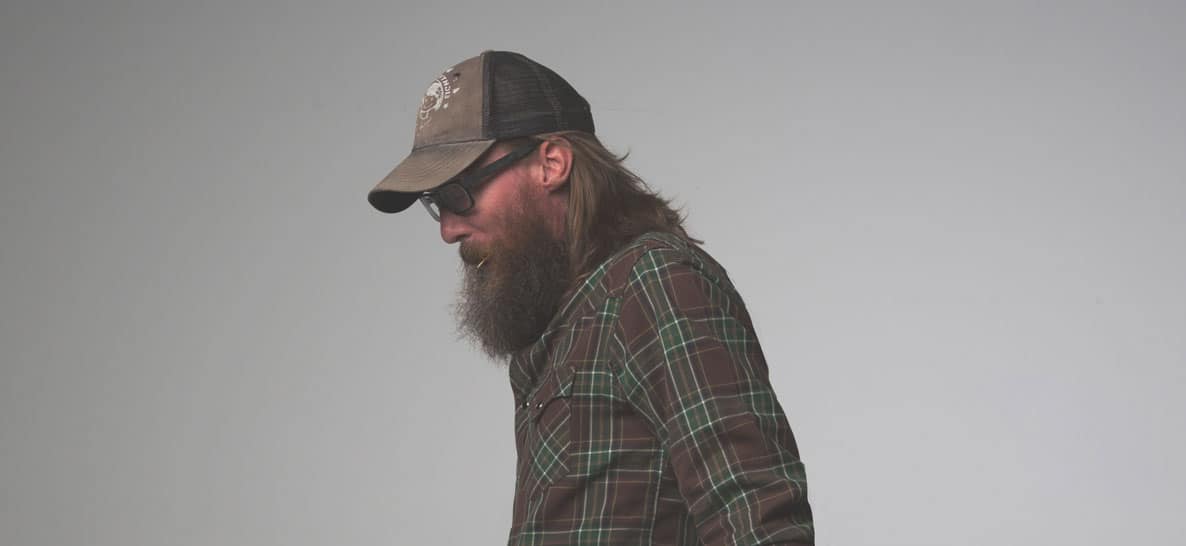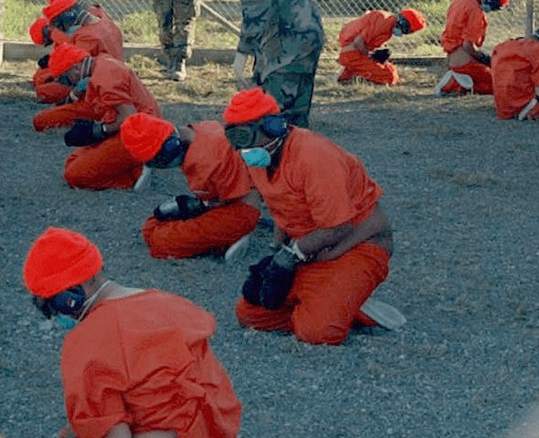
Sometimes, we Christians fail to think about what we’re singing on Sunday morning. Worship music can become the church equivalent to watching TV—an enjoyable, but somewhat mindless activity.
That’s not good enough, at least according to David Crowder. The worship leader and recording artist—most recently of Neon Steeple—says that what we sing about changes the way we think. And if “what comes into our minds when we think about God is the most important thing about us”—as A.W. Tozer famously said—then what we sing about God is intensely important.
We recently spoke with Crowder about the importance of music and the social and liturgical responsibility of artists in the Church. Of course, we talked Texas, too.
What place do social justice movements have for you as a musician and as a Christian?
Worship and justice go hand in hand. If what you’re singing doesn’t change what you do, what’s the point of singing? There’s a phrase that’s like, “What good are love songs if they don’t make me a better lover?” Kind of the same deal: the way we sing should change the way we think.
Of course, the way you think also changes the way you sing. When you’re talking either about how art affects a person or a cultural moment shapes art, it’s kind of a blurry thing. Any social movement typically has a soundtrack, whether it’s workers rights, or civil rights movements or anything. There are always songs that are part of the theme.
Most of the time, what happens is we have some folks who are able to enunciate and articulate what should be. Artists kind of flow into that and they pull the rest of culturel behind them. They begin to practice what they think, and it’s such a subversive way to do that. It hits right to the core of us as humans. Before you know it, the way you’re thinking is different from the way it was previously.
I think when you help people sing about Jesus and model their lives after Jesus, it’s going to change the way they interact with their neighbors. So for me, [worship and practice] go hand in hand. If it were just songs and just wonderful emotional experience, I don’t think I would give my life to doing that. The reason I love doing church music is because church music has action behind it and a physical effect on people. It changes the way you live. So to me, it’s the perfect marriage.
How does where you’re from—small-town Texas— and your upbringing affect your music?
Texarkana, Texas. We’re confused people because it’s split in two: There’s Texas and Arkansas, the state line runs right down the middle. We made it into the Texas side of things, but half the city hangs over Arkansas. In fact, the hospital where I was born is right on the state line and just happens to be on the Texas side. …
I feel like my upbringing gave me a large generosity and patience for the Church at large. I feel like I got to see a very wide spectrum of it growing up. We went to a first Baptist church, which is Southern Baptist, in east Texas, then we did a Pentecostal deal on Sunday or Wednesday evenings. I’m certain this helps me write and accommodate in a way that is respectful and exciting for me to play the songs. There’s some historical stuff in there and there’s also some stuff that is maybe a little more open to whatever the Spirit might be speaking in the moment.
In worship music, there has to be a mix of theological accuracy and sing-ability. How do you think about those things when you go into the writing process?
I think mostly about the first part, which has always been really terrifying to me. Music is such a subversive thing. It changes the way you think in a very subtle way. … So when you’re intentionally putting words together that change the way people think about God and think about each other—or reiterate what they’ve already thought about each other and our relationships—that part is terrifying to me.
I think what I’ve done is surround myself with a heck of a lot of people who I think are amazing. So it lets me be free to write and open to what I feel like is coming out of me. I just have my hands open in regard to it, and allow people to speak in and make sure I’m not messing people up for eternity. That’s part of the artistic process and creative process—to have more voices around me.
Even when we’re putting a set list together, you have to be open with a lot of this stuff. I feel like [we’re] given the responsibility of liturgy. It’s always been communal since the beginning, so I feel like community must be a part of it currently. And that just takes openhandedness.
I’ve never felt myself as one who just wanted to make art for art’s sake. I always felt more utilitarian about the whole thing: I have a place and a time where I’ve been put, and my functionality is really measured by the community that I’m among—to be able to articulate their experience with God through music. If I’m doing that and everyone is encouraged and transformed by that, then that feels wonderful to me.





















